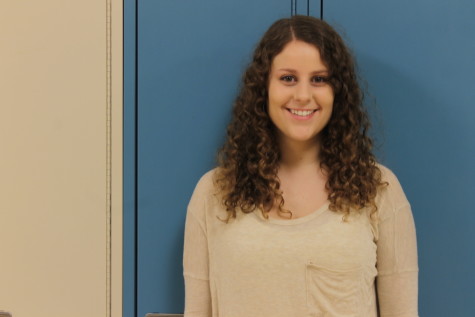Eliminating pasta, breads, bagels, crackers and all other foods containing chametz can not only be unappetizing but also inconvenient. When Passover rolls around, it usually calls for big family get-togethers, strict food restraints and prolonged seders in which everybody gathers around the dinner table and reads from the Haggadah.
Most of the common knowledge about Passover concerns the substitution of leavened bread for matzah. During this time, the school cafeteria is usually stocked up with matzah in an attempt to ensure that all students can stick to their diets if they choose to celebrate the holiday. With many distractions and few temptations during the school day, keeping Passover can be manageable. However this year, with the holiday falling mostly during April vacation, it will be even more difficult to follow the rules.
Renee Reiner ’15 always follows Passover’s food constrictions, but this year it is going to be even more of a challenge. “It is pretty inconvenient that passover is over break because I am going away during it, so it will be much harder to follow the passover rules,” said Reiner ’15.
For others, the placement of Passover prevents them from being able to have a seder at all. Maddie Bernstein ’15 said that because she will be away visiting colleges during most of Passover, she will be unable to celebrate.
Regardless of the holiday’s placement, there are still many families that are getting together to have seders.
And although there are many people who are negative about this holiday, some students are still able to look on the bright side. “I really like looking for the matzah, and I like the history behind the foods on the platter,” said Everett Sussman ’15. Reiner has a similar outlook on the situation. Although she admitted to disliking the diet restrictions that come with the holiday, she appreciates the time that she gets to spend with her family.
There are even ways to make the matzah itself more enjoyable. Max Bortniker ‘15 said that he likes putting peanut butter and jelly on matzah.
Many families have also created their own special traditions over the years. They concern everything from the foods that they eat to what they do at the dinner table.
“The women in my family have a tradition of singing a song called the daiyainu, which my uncle has dubbed the eleventh plague. It’s truly ear-shattering, and always looked forward to after it’s done,” said Charlie Jersey ’14.















































